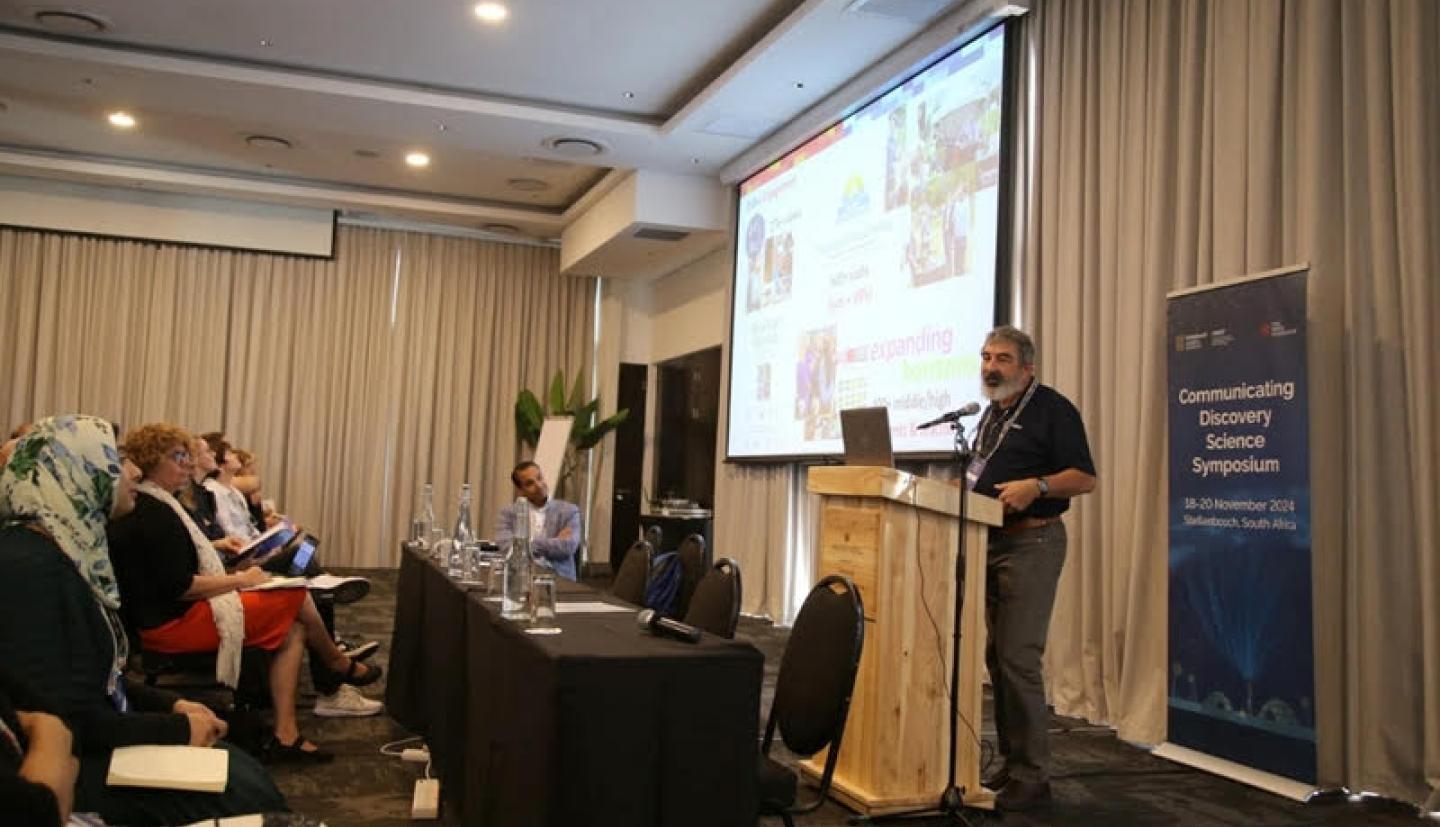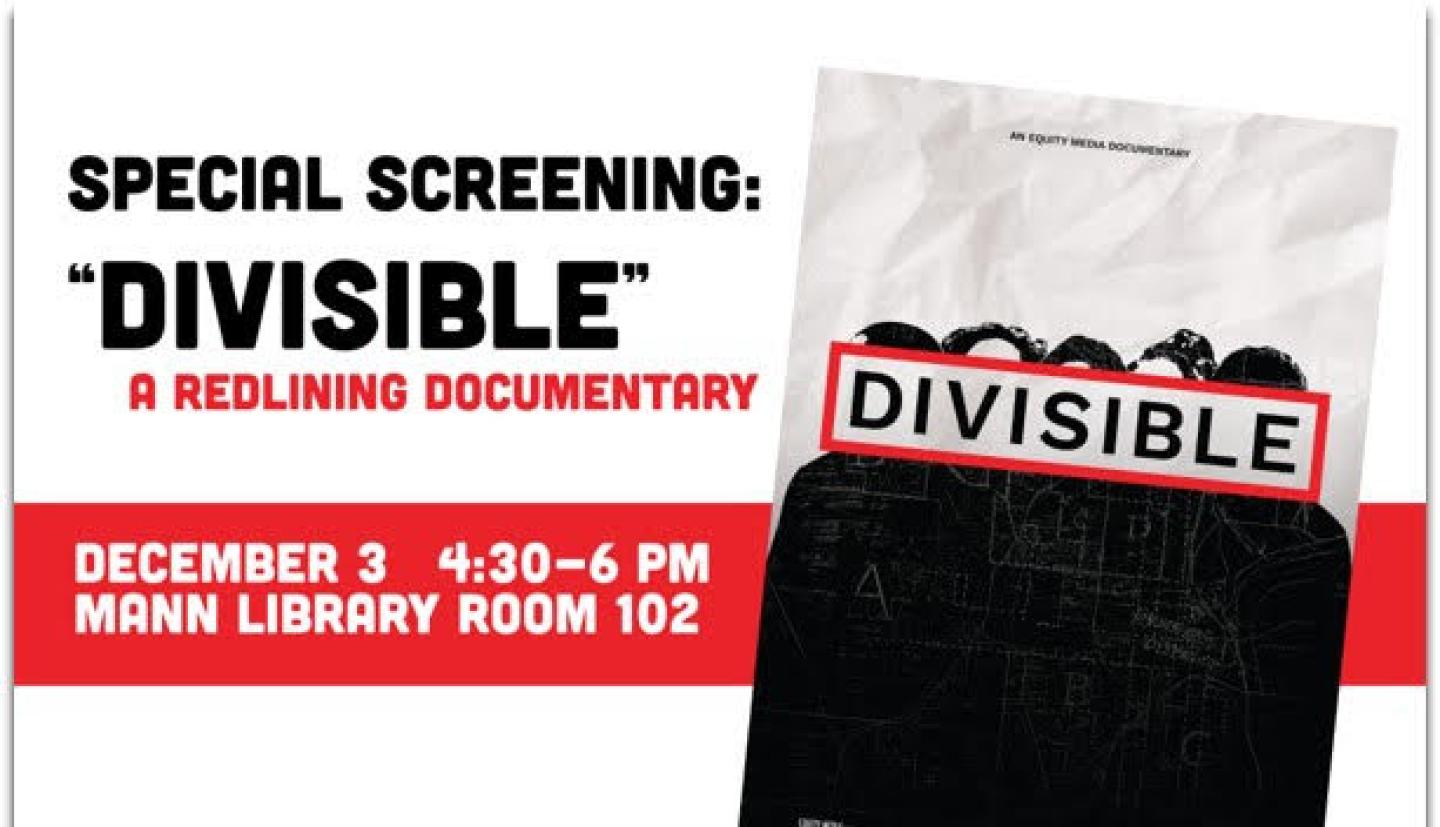Invited Lectures
On November 21, 2024, Research Associate Dominic Balog-Way presented “Why Renewable Energy Transitions Require Effective Risk Communication” to the Schmidt Family Foundation. As part of the Schmidt Sciences Discussion Series, Dominic presented on the role of effective risk communication and community engagement in addressing the complex societal challenges associated with climate change and renewable energy transitions. Dominic first gave an overview of how the Department’s Risk Communication Research Group thinks about and approaches risk communication, followed by an illustrative case study showcasing the group’s empirical work on next-generational geothermal systems. The presentation finished with concrete recommendations on how decades of risk communication knowledge can be used by energy decision-makers and community groups meaningfully.
Following a screening of Divisible: A Redlining Documentary (see Events above), Associate Professor Neil Lewis, Jr., will participate in a panel discussion about the film and the enduring effects of Redlining in U.S. society. Neil has studied these topics and is one of the experts featured in the documentary. The panel will also feature Lizzy Barrett, the filmmaker who produced the documentary, and Jamila Michener, Director of the Center for Racial Justice and Equitable Futures.
Publications
Graduate student Megan Sawey published the journal article “Mediating the Sugar Baby Imaginary: Popular Narratives about Gender and Sexuality in Sugar Dating” in Media and Communication (prepublication). The project compares an analysis of popular press articles about sugar dating—a mutually beneficial relationship practice wherein people engage in frank negotiations of companionship, intimacy, and material benefits—with interviews with 13 women who have participated in sugar dating. The interviews complicate how contemporary press coverage tends to frame sugar dating, revealing important insights about how women may conform to but also challenge popular narratives about their identities, labor, sexual desires, and agency.
Graduate student Amanda Vilchez published a book review of Opening Windows: Embracing New Perspectives and Practices in Natural Resource Social Sciences in Culture Studies (October 2024). Opening Windows outlines a new research agenda to shape the next generation of work on Natural Resource Social Science in response to pressing societal and environmental issues. In her review, Amanda delves into the value of this piece on challenging core concepts that have long guided the field’s traditions as it introduces topics that have remained unseen—intentionally or unintentionally—from mainstream scholarship.






